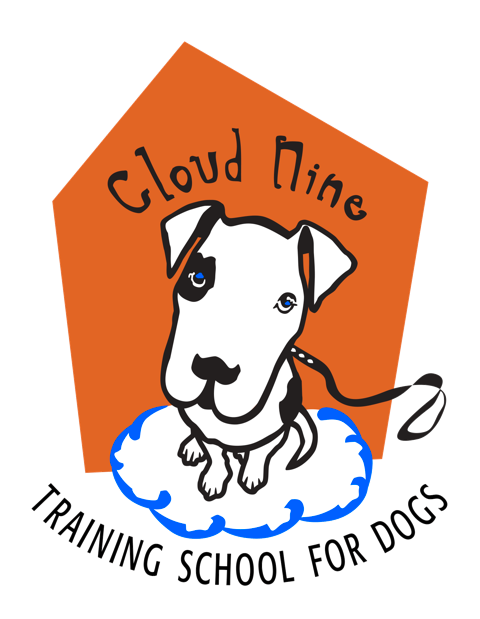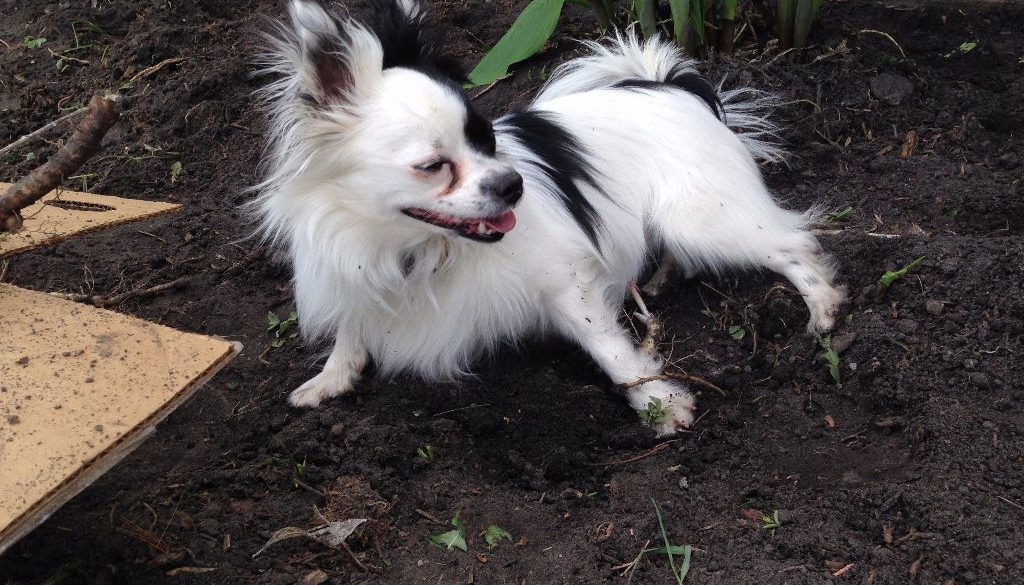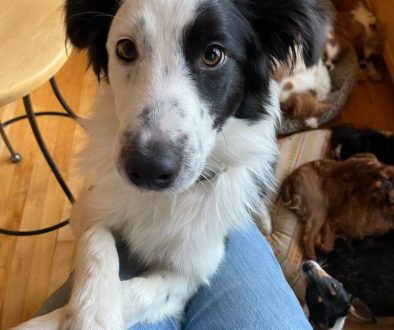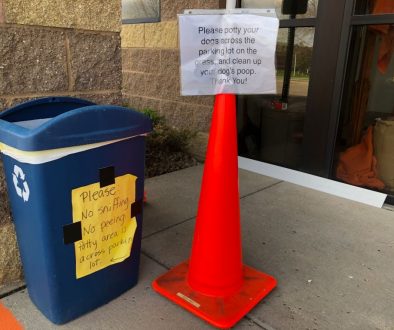As pack animals, dogs like to contribute to the survival and the success of their pack. They like to have jobs, they take direction well, and they are programmed to obey a leader – you, assuming you have taught them what to do and have earned their respect.
However, absent a good leader – someone that the dog perceives to be in charge and from whom they have become used to taking direction, dogs will behave . . . well . . . like dogs.
Yep, believe it or not a dog will behave like a dog when there’s no leader-like figure around to set limits and guidelines, to remind him of the rules, and see to it that he follows them.
You can have the best trained and the most well-behaved dog in the world, but as soon as you turn your back, walk away, withdraw your attention, leave your dog to his own devices, all bets are off, and I think that’s often where people drop the ball on their relationship with their dogs.
Granted, there are some dogs that do remember what you have taught them regardless of whether you are 10 feet away or in the next county. I had one such dog: Donzi, my amazing, reliable, nearly perfect GSD. She learned at a young age not to counter surf, and she never tried to “steal” anything even when there was food within inches of her nose and no one was in the same room with her; she learned never to leave the immediate yard whether someone was outside with her or not. She was amazing and, yes, there are some dogs like her out there.
But the reality is that, by and large, most dogs will behave really well when you’re present, when you’re there to issue commands, when you’re around to limit/prevent unwanted or bad behavior, and they likely will revert to natural, instinctual behaviors when you are not there to remind them to behave according to your expectations. For example, when you teach your dog a “be quiet” command and you’re with your dog to remind him to stop barking, a respectful, pack-oriented, well-trained trained dog will hush. However, when you leave the room or the house and your dog hears a noise or sees something of concern, he will bark as long and as loudly as he feels he needs to, and he will stop when the thing that caused him to bark disappears.
When this happens many people think: “my dog can’t learn”, or “my dog is too stubborn to do what I want”, or “my dog is just plain naughty”. While it’s understandable to feel this way, it does the dog a great disservice and it puts the burden of good behavior on the dog rather than where it rightfully should be: ON YOU.
Call it what you want but remember this: dogs are hardwired with instinctual, survival behaviors. They roll in stuff and dig, they help themselves to food and chew things, they bark and howl, they run and chase, they jump and climb, they shred and destroy; they exhibit many behaviors that may be inconvenient to and unappreciated by us but that would serve them well should they have to fend for themselves and/or ensure the survival of their pack, their species.
So don’t get mad and frustrated with your dog for doing what he was born and/or bred to do. Get mad and frustrated with yourself for not remembering that first and foremost your beloved, devoted, amazing, adorable pet is a DOG who needs your supervision and your direction.
If you are present to provide leadership, to set limits, and to offer reminders of the behavior(s) that you have taught your dog to do and that you expect from him, he will comply readily and happily (assuming you have trained him well and have earned his respect)! However, if and when left to his own devices, it’s more likely that your dog will be obedient to his instinctual behavior before he will remember that he might be scolded for helping himself to food you left on the counter.
.







